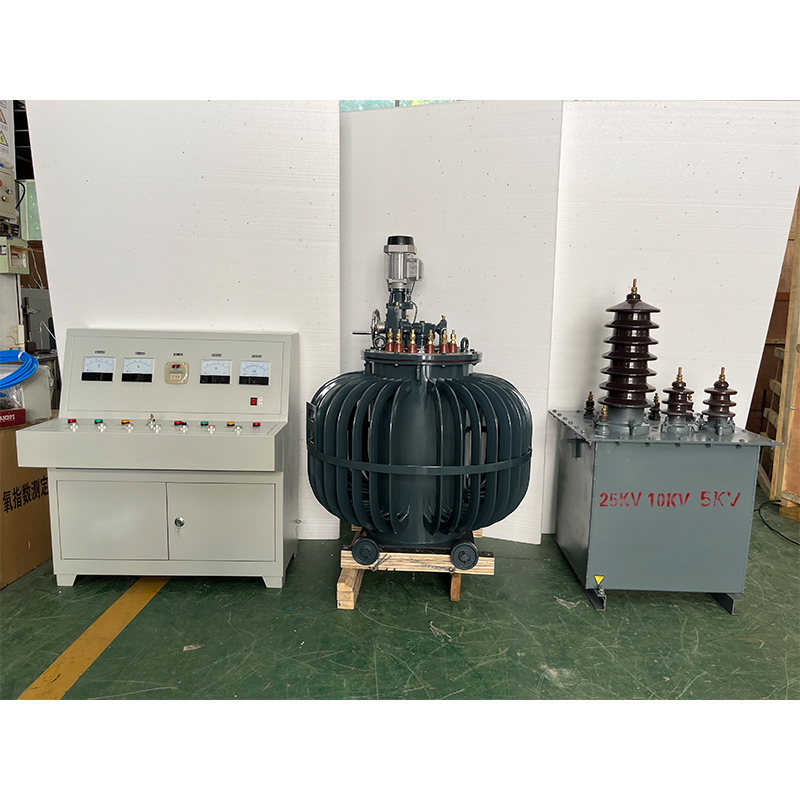Resistance Testing Device for Accurate Measurements and Reliable Performance
Understanding Resistance Test Instruments A Key to Electrical Integrity
In the world of electrical engineering, ensuring the integrity and safety of circuits is paramount. One essential tool that aids in this assurance is the resistance test instrument. These devices play a critical role in assessing the resistance within electrical components, systems, and infrastructures. By analyzing resistance levels, engineers and technicians can identify potential issues before they escalate into serious failures. This article will explore the importance of resistance test instruments, their types, functionalities, and applications in various fields.
Resistance test instruments are primarily used to measure the electrical resistance of materials and components. High resistance values can indicate insulative properties, while low resistance values may signify a conductive connection. The ability to accurately measure resistance is crucial in various applications, such as grounding systems, cable testing, and the evaluation of circuit integrity. These devices can help identify unwanted resistive connections that may lead to overheating or power loss, ensuring the longevity and reliability of electrical systems.
There are several types of resistance test instruments available on the market, each designed to cater to specific measurement needs. The most common types include digital multimeters, megaohmmeters, and low resistance ohmmeters. Digital multimeters are versatile tools that can measure resistance along with voltage and current. They are widely used in laboratories and fieldwork due to their portability and ease of use. Megaohmmeters, on the other hand, specialize in measuring high resistance values, particularly in insulation testing. These instruments apply high voltages to assess the quality of insulation in cables and electrical equipment. Low resistance ohmmeters are designed for measuring low resistance values, particularly in applications like bond testing and evaluating electrical connections.
resistance test instrument

The functionality of resistance test instruments extends beyond mere measurement. Many modern devices come equipped with advanced features such as data logging, Bluetooth connectivity, and automated testing capabilities. These innovations enhance the user experience and improve the accuracy of measurements. With data logging, technicians can record measurements over time, allowing for trend analysis and optimal maintenance strategies. Bluetooth connectivity enables seamless data transfer to smartphones or tablets, facilitating real-time analysis and reporting.
Resistance testing is not limited to electrical engineering; it spans various fields such as telecommunications, aerospace, automotive, and renewable energy. In telecommunications, ensuring proper grounding and shielding is vital for signal integrity and operational safety. Resistance test instruments are utilized to verify that grounding systems meet regulatory standards. In the aerospace and automotive sectors, these instruments are used to test wiring and connections, ensuring that all systems function correctly and safely.
In the renewable energy sector, resistance testing plays a vital role in the installation and maintenance of solar panels and wind turbines. By measuring the resistance of electrical connections and grounding systems, technicians can ensure optimal performance and safety, mitigating the risks of electrical failures.
In conclusion, resistance test instruments are indispensable tools in maintaining the integrity of electrical systems across various industries. By accurately measuring resistance, these devices help prevent failures, enhance safety, and promote operational efficiency. As technology continues to advance, the capabilities of these instruments will likely evolve, further cementing their importance in the realm of electrical engineering. Understanding and effectively utilizing resistance test instruments will remain essential for professionals dedicated to ensuring the reliability and safety of electrical systems in an ever-evolving technological landscape.
-
Why the Conductor Resistance Constant Temperature Measurement Machine Redefines Precision
NewsJun.20,2025
-
Reliable Testing Starts Here: Why the High Insulation Resistance Measuring Instrument Is a Must-Have
NewsJun.20,2025
-
Flexible Cable Flexing Test Equipment: The Precision Standard for Cable Durability and Performance Testing
NewsJun.20,2025
-
Digital Measurement Projector: Precision Visualization for Modern Manufacturing
NewsJun.20,2025
-
Computer Control Electronic Tensile Tester: Precision and Power for the Modern Metal Industry
NewsJun.20,2025
-
Cable Spark Tester: Your Ultimate Insulation Assurance for Wire and Cable Testing
NewsJun.20,2025
 Copyright © 2025 Hebei Fangyuan Instrument & Equipment Co.,Ltd. All Rights Reserved. Sitemap | Privacy Policy
Copyright © 2025 Hebei Fangyuan Instrument & Equipment Co.,Ltd. All Rights Reserved. Sitemap | Privacy Policy
